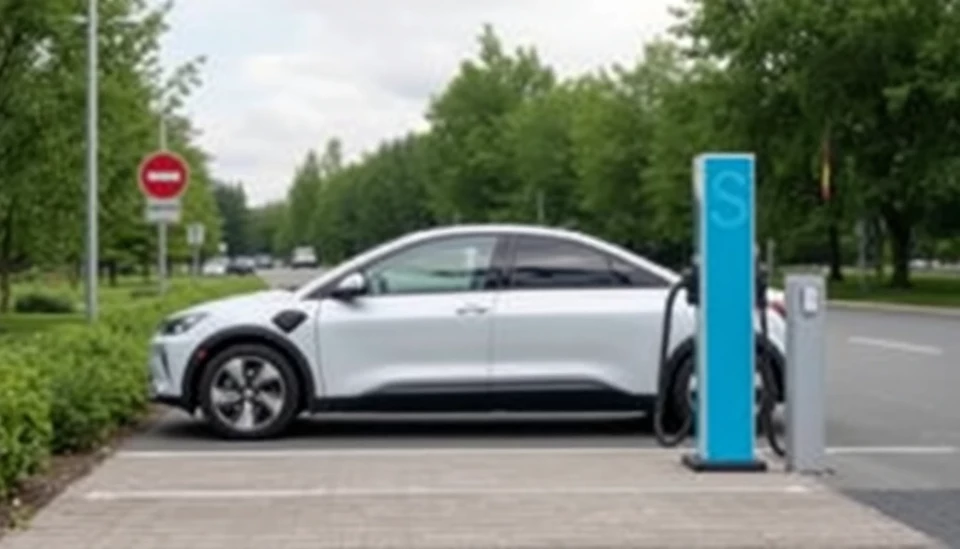
In a significant policy shift, Germany has decided to terminate a massive subsidy program aimed at promoting hydrogen projects, cancelling approximately $350 million in funding. This move comes as the country grapples with fiscal constraints and an urgent need to reallocate public funds to bolster its energy security amidst rising costs and geopolitical tensions.
Originally designed to support the ambitious hydrogen initiative—which aimed to position Germany as a leader in the burgeoning clean energy sector—the subsidy plan was part of the government's broader strategy to transition towards sustainable energy sources. However, the program faced scrutiny amid budgetary revisions, leading to the eventual decision to scrap the financial assistance. The cancellation reflects a broader trend in Europe where many nations are reassessing their energy subsidy schemes in the face of economic challenges stemming from inflation and energy crises.
Critics of the subsidy withdrawal are voicing their concerns over the potential setback it could impose on Germany's green energy goals, particularly in the hydrogen sector, which is seen as a critical component for achieving climate targets. Hydrogen is touted as a clean alternative for industries that are hard to decarbonize, such as steel and chemical manufacturing. The absence of government financial support could hinder the development of essential infrastructure and technologies that facilitate the transition to hydrogen energy.
Furthermore, this decision is indicative of the broader challenges that the German government faces as it tries to balance fiscal responsibility with the urgency of climate action. With vast investments required to foster renewable energy projects, including wind and solar farms, along with the development of hydrogen technology, policymakers are finding it increasingly difficult to allocate budgetary resources effectively while maintaining economic stability.
Industry leaders and stakeholders are now calling for alternative funding mechanisms and private investments to fill the gap left by the scrapped subsidies. They emphasize the need for a concerted effort to sustain the momentum in the hydrogen sector, which has only recently begun to gain traction in Germany and across Europe as a viable and sustainable energy source.
As the situation develops, the impact of this subsidy cancellation will be closely monitored by both the energy sector and environmental groups. The emphasis remains on finding a pathway forward that supports both economic recovery and ambitious climate goals, especially as Germany aims to maintain its status as a clean energy pioneer in the backdrop of evolving global energy dynamics.
In summary, Germany's decision to revoke $350 million in hydrogen subsidies marks a pivotal moment in the nation's energy policy, raising questions about the future of clean energy investments and the government’s commitment to sustainability in an increasingly challenging financial landscape.
#Germany #HydrogenEnergy #CleanEnergy #EnergyPolicy #Subsidies #ClimateAction #Sustainability #GreenEnergy
Author: Megan Clarke




